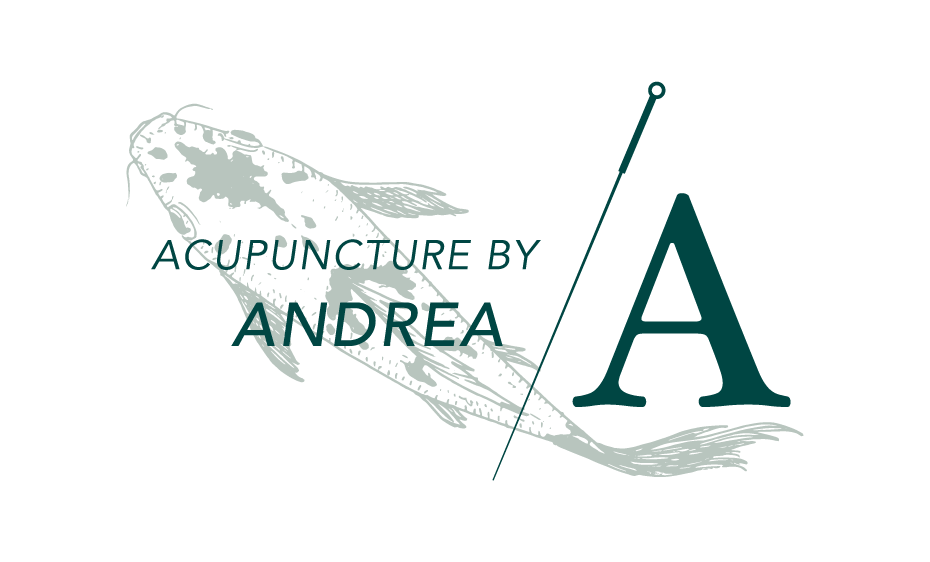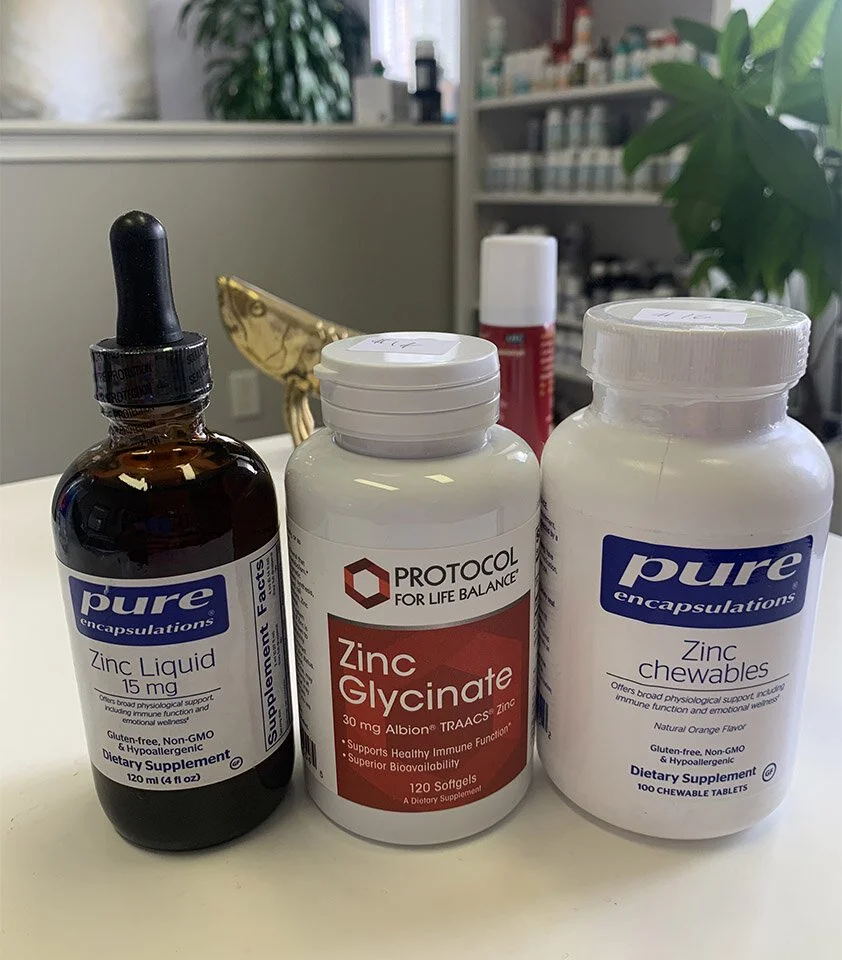Zinc Supplementation And Immune Boosting
Zinc is a miracle mineral for boosting your immune health. Zinc supplementation is advised for year-round health, but it is particularly needed to encourage a strong immune system in the fall.
In Traditional Chinese Medicine (TCM) the fall season is focused on strengthening the body through tonifying the organs that govern our energy and lymphatic systems, or qi. The organs in these systems are the lungs, the spleen, and the kidneys. When the seasons make their most transformative changes in fall and in spring, the body works to get rid of waste and parasites to make that transition successful. If your body is strong, it will make this transition easily, without outside assistance. However, if there has been continual damage to your body with no time for recovery, your qi has been diminished and it will be more difficult to get ready for the seasonal change. With depletion and no reserves, health issues will begin to occur. Your body is in a weakened state and needs some reinforcement. This is when supplementing with zinc will make a difference.
What is Zinc?
Zinc is a naturally occurring essential trace element. Very small amounts of zinc are needed by your body, but it is essential to your health for growth and maintenance. Zinc is one of the most abundant minerals in the body (after Iron) and is present in every cell. Approximately 20-40% of consumed zinc is absorbed by the body.
Zinc is a white metal—the metal element in TCM is represented by the lungs and large intestine, and partners with our immune system. Metal is the element of fall in Chinese Medicine, a time when activities like deep breathing and letting go of grief (the metal element’s emotion), will not only help our metal element stay strong, it will also keep our immune system robust, cleared and ready for winter. Consuming white foods such as onions, turnips, cauliflower, egg whites, apples, potatoes and pears can help boost and tonify the energy of the lung and large intestine meridians. The white color of the foods is thought to strengthen the metal element and related organ systems.
Zinc is part of the overall immune boosting system of the lung and large intestine, starting with the skin and covering the entire digestive system. Zinc is essential to:
proper immune system functioning
wound healing
blood clotting
neurological health
good vision
reproductive health
thyroid function
healthy hair, nails, and skin
Low zinc levels can manifest as male infertility, major depression, and type 2 diabetes. Low dietary zinc has been associated with low concentrations of several hormones including testosterone, in some zinc research papers. Zinc has even been shown to improve gut health.
Why You need a Fall Zinc Regimen
Zinc plays a central role in the immune system, and deficiency results in a loss of B-cell and T-cell precursors within the bone marrow. Adequate zinc is necessary for natural killer cell function and zinc ions also affect anti-microbial activity.
B-and T-cells are lymphocytes and the main component of lymph. Made in the bone and thymus glands respectively, they are the natural killers cells that rid the body of tumors and viral infections. In TCM, bones are the expression of the kidney (one of the qi organs that keep us strong), and the thymus gland is an immune boosting endocrine organ, connected to the kidney and lung systems in TCM.
Western medical researcher has shown that zinc might have effectiveness against colds and flus, but the reason it works is unknown. TCM knows it is effective and just why! Zinc is not “killing” the disease, or ridding the body of a pathogen, but strengthening the body to overcome the bacterial or viral load it encounters. It does this by boosting the digestive system to better absorb and utilize the zinc. The immune system is centered in the lungs and the large intestine in both TCM and Western Medicine, as this is where waste CO2 and digestive waste is eliminated.
Replenishing lost zinc is necessary for continued immune and digestive health. Zinc is lost through the skin from sweating during strenuous activity and living in hot climates. Depletion also occurs through intestinal secretions, starvation, and muscle breakdown.
How to Supplement
Mayo Clinic recommends 8 milligrams of zinc daily for women and 11 mg for adult men. At the Acupuncture by Andrea office we carry several brands of zinc. Pure Encapsulations has a liquid version with a dosage of one dropper full daily. There are also zinc chewables available from this brand at 10 mg per serving (1 tablet) or from Protocol for Life Balance, a 30 mg softgel. Zinc does interact with some drugs, so this will be a factor in uptake, absorption, and interaction. Zinc needs to be taken on a partial to full stomach. Individuals who intake too much zinc may experience abdominal pain.
Add Zinc to Your Diet
Your body does not store excess zinc so it must be consumed regularly as part of your food intake or as a supplement. Meats, seafood, dairy products, nuts, legumes, and whole grains offer relatively high levels of this mineral. Oysters contain more zinc per serving than any other food with crab and lobster also being significant sources of this essential mineral. Pumpkin seeds are a healthy snack high in zinc that also prevents parasites.


